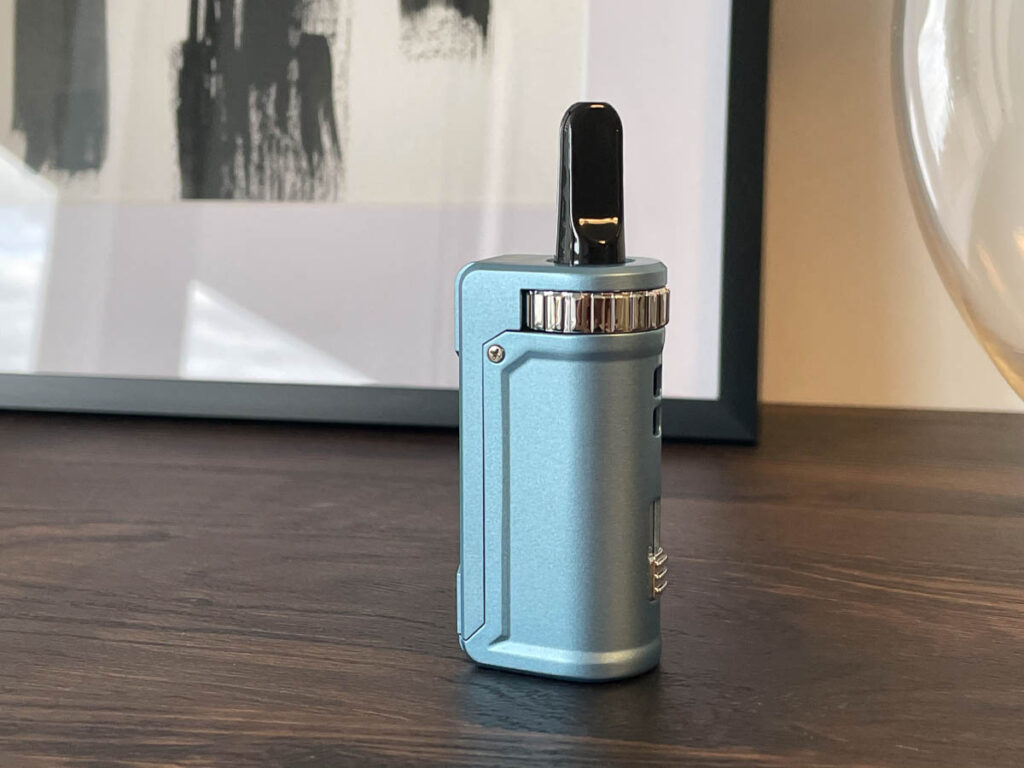
Embarking on a career in medicine is a noble pursuit, and for many aspiring doctors, attending medical school in the Caribbean can be an attractive option. However, concerns often arise regarding whether Caribbean medical school graduates can practice medicine in Canada.
In this article, we will explore 5 important questions to ask before deciding if a Caribbean medical school is right for you. By the end, you should feel confident in pursuing your MD or DO internationally with the goal of practicing as a physician in your home country.
1. Is the School Accredited?
Accreditation serves as a crucial indicator of the quality and recognition of a medical school’s education and training programs. In Canada, the accreditation process for medical schools is overseen by the Committee on Accreditation of Canadian Medical Schools (CACMS) in collaboration with the Medical Council of Canada (MCC). While CACMS is responsible for evaluating the educational programs, MCC focuses on the national qualifying examinations.
Not all Caribbean medical schools have achieved accreditation from CACMS. However, several institutions have successfully undergone rigorous evaluation and obtained accreditation, demonstrating their commitment to meeting the standards and expectations set forth by Canadian accrediting bodies.
When considering which schools are the best Caribbean medical schools for Canadians, prospective students should thoroughly research the accreditation status of the institution. This information can usually be found on the school’s official website or by reaching out to the admissions office. It is advisable to prioritize schools that have obtained accreditation from recognized accrediting bodies, as this provides assurance that the curriculum, faculty, and facilities meet or exceed the required standards.
Accredited Caribbean medical schools that have received recognition from CACMS often have established partnerships or affiliations with Canadian hospitals and medical institutions. These collaborations can provide students with opportunities for clinical rotations, hands-on training, and exposure to the Canadian healthcare system. Such affiliations can be advantageous when seeking residency positions and establishing professional networks within the Canadian medical community.
2. Are you Prepared for the Licensing Process?
The licensing process for International Medical Graduates (IMGs) can differ from that of graduates from domestic medical schools. In Canada, IMGs are required to meet specific requirements to obtain a license to practice medicine. These requirements often include passing the Medical Council of Canada Evaluating Examination (MCCEE) or the new Medical Council of Canada Qualifying Examination (MCCQE) Part I and Part II.
IMGs may also need to complete additional assessments, such as the National Assessment Collaboration (NAC) Examination or the Objective Structured Clinical Examination (OSCE), depending on the province or territory. If you are considering attending an offshore institution, it is important to thoroughly research the licensing requirements of the province in which you intend to practice, as there may be variations in the specific examinations and processes involved.
3. Does The School Offer Competitive Residency Opportunities?
Securing a residency position is a crucial step for medical graduates as it provides supervised training in a chosen specialty. For Caribbean medical school graduates, the competition for residency positions in Canada can be fierce.
While Canadian citizens and permanent residents typically receive priority, non-Canadian graduates are eligible to apply for residency through the Canadian Resident Matching Service (CaRMS). However, it is essential to note that residency positions may be limited, and candidates with strong academic records and relevant clinical experience may have a higher chance of securing a position.
To evaluate a Caribbean medical school’s residency placements, prospective students can consider factors such as the school’s track record of matching graduates into Canadian residency programs, the specialties in which graduates have secured positions, and the support and guidance provided by the school’s administration and faculty throughout the residency application process.
4. Can You Distinguish Yourself From Other Caribbean Medical School Graduates?
Caribbean medical school graduates who aspire to practice medicine in Canada should be prepared to demonstrate their competence and adaptability to Canadian healthcare standards. This can be accomplished by showcasing strong clinical skills, engaging in research, participating in volunteer activities, and seeking out opportunities to gain hands-on experience in the Canadian healthcare system. Additionally, developing a network of mentors and seeking guidance from professionals who have successfully navigated the process can provide valuable insights and support.
5. The Bottom Line: Is Caribbean Medical School Right For You?
While the path for Caribbean medical school graduates to practice medicine in Canada can be challenging, it is not insurmountable. Through careful consideration, research, and adherence to the necessary processes, many graduates have successfully integrated into the Canadian healthcare system.
By navigating accreditation, pursuing licensing requirements, seeking residency opportunities, and demonstrating competence, Caribbean medical school graduates can increase their chances of practicing medicine in Canada. Remember, staying informed, seeking guidance, and leveraging your unique experiences can pave the way to a rewarding medical career in Canada.







